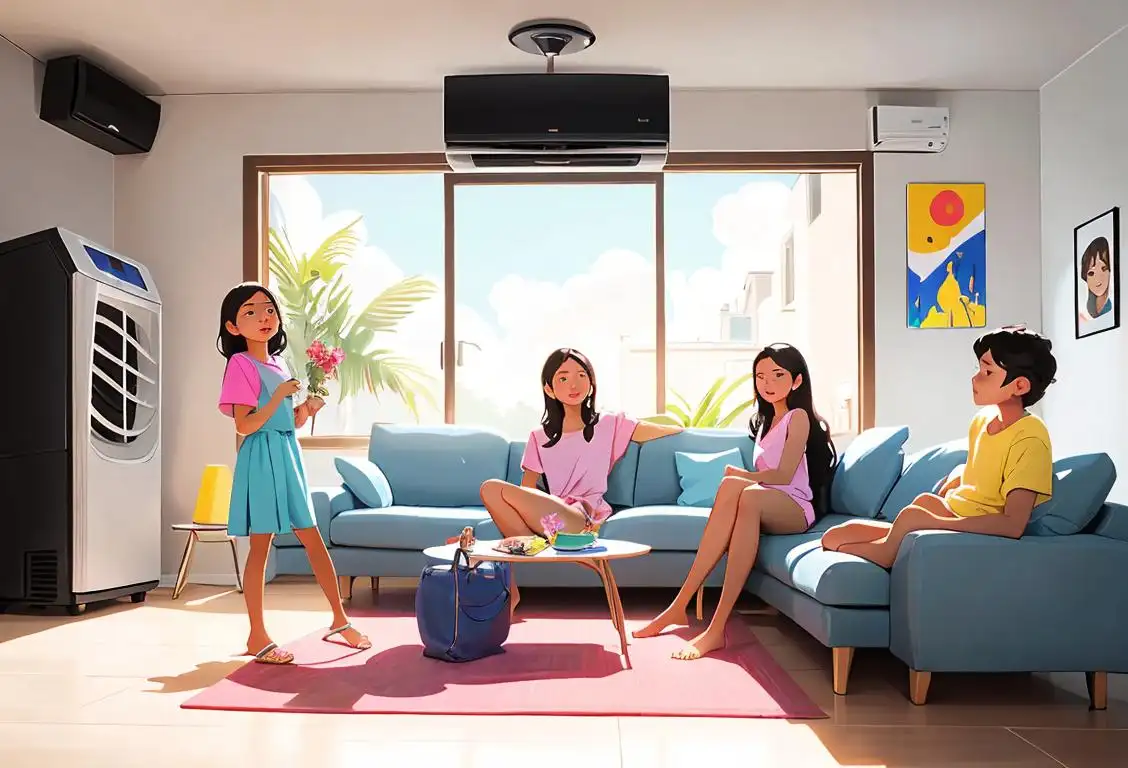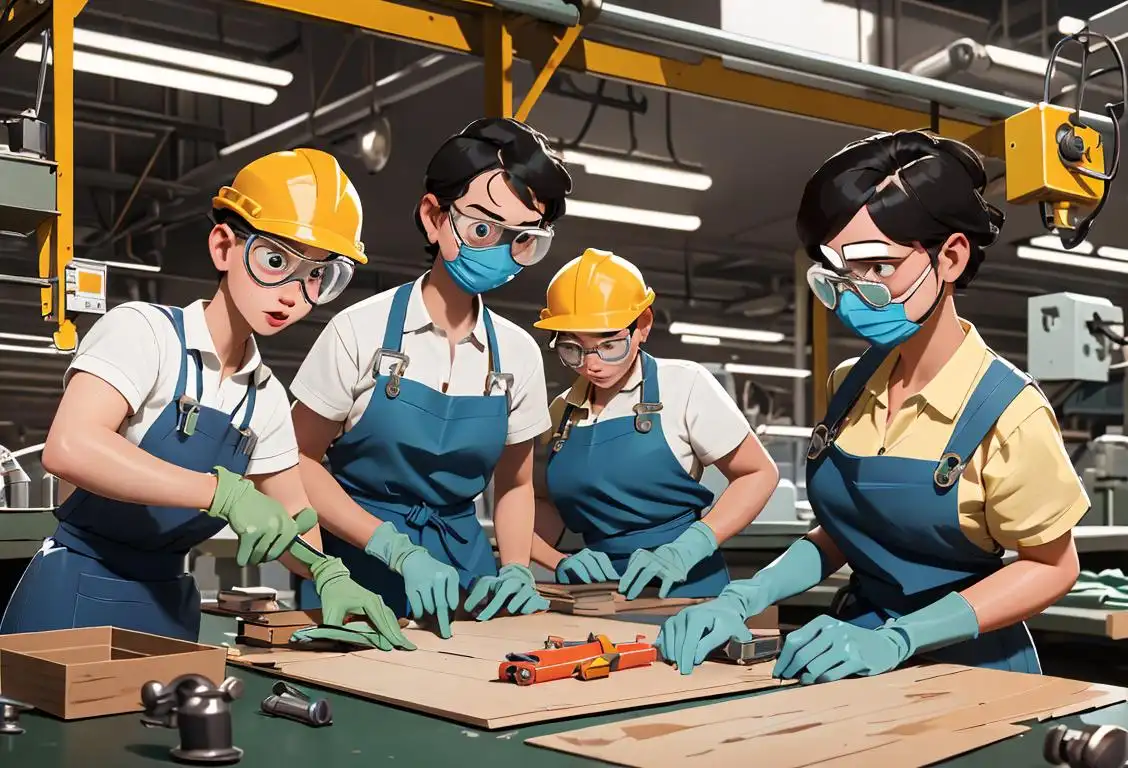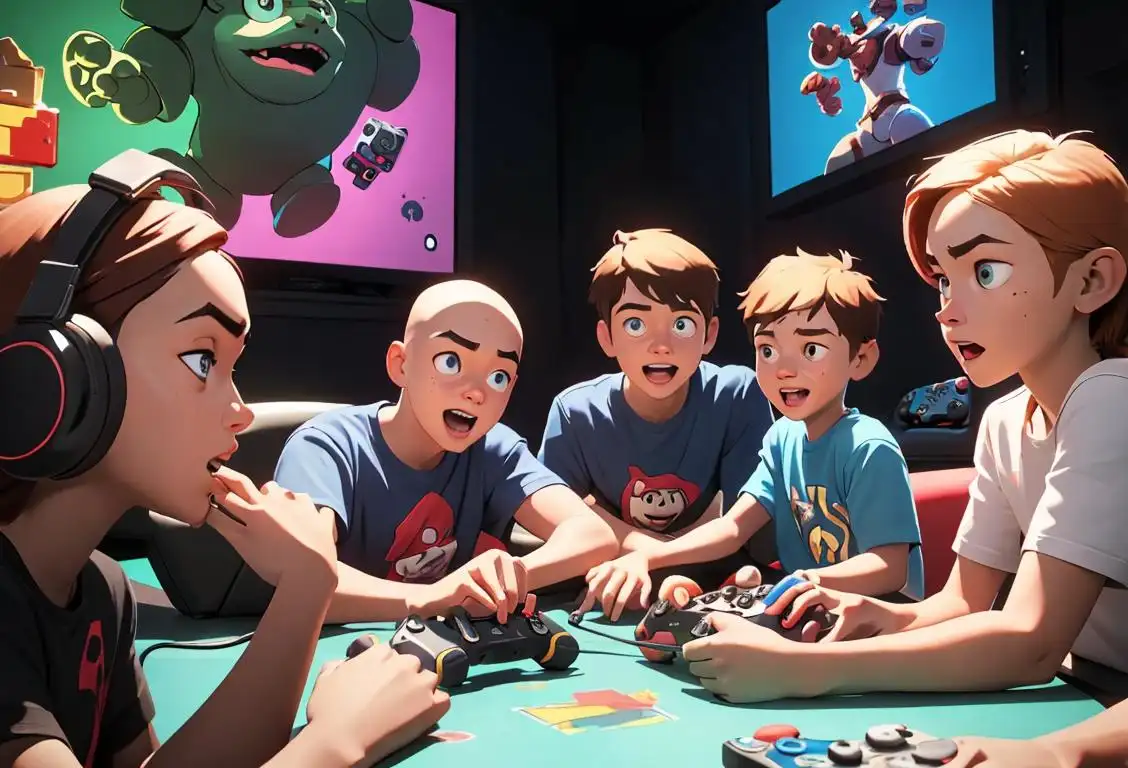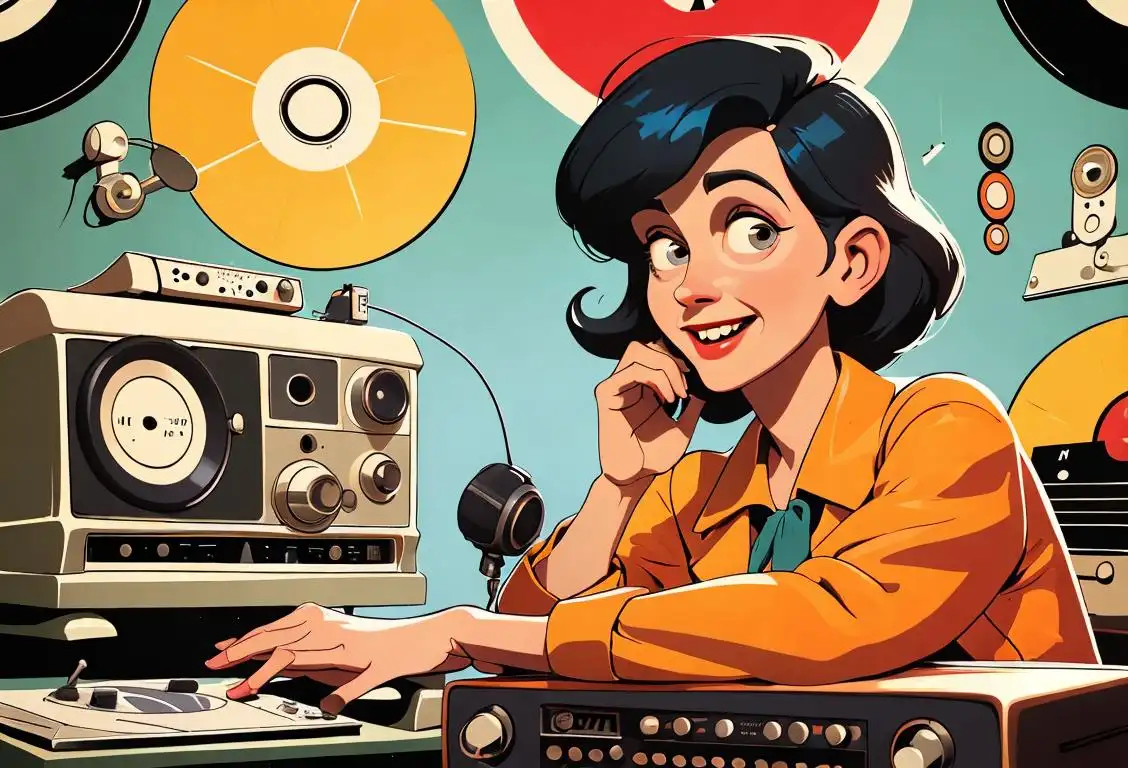National Air Conditioning Day

Ah, National Air Conditioning Day, a day we can all come together to celebrate the revolutionary invention that keeps us cool during the scorching summer months. So let's crank up the A/C, grab a cold beverage, and dive into the refreshing world of air conditioning!
When is Air Conditioning Day?
It's national air conditioning day on the 17th July.
The Cool Origins of National Air Conditioning Day
Can you imagine a world without air conditioning? It's a chilling thought! But before we delve into the internet history of this fantastic national day, let's take a journey back in time to discover how air conditioning came to be.
Back in the day, people used all sorts of creative ways to beat the heat. Ancient Egyptians used to hang wet reeds in their windows and have slaves fan them with palm leaves. Talk about luxury! Fast forward to the early 20th century, and the credit for inventing modern air conditioning goes to Willis Carrier, who created the first mechanical cooling system in 1902. Thank you, Mr. Carrier, for saving us from the woes of sweat-soaked shirts and melting makeup!
A Cool Celebration on the Internet
Now that we've paid our respects to the brilliant mind behind air conditioning, let's talk about how this day became a thing on the internet. With 45 mentions online, it's clear that people have a lot to say about National Air Conditioning Day. And why not? After all, it's the perfect excuse to share hilarious memes about the unbearable heat and to engage in friendly debates about the ideal temperature setting.
The peak of air conditioning-related online chatter occurred on July 17, 2018. The internet was buzzing with humorous stories about office thermostat wars, ice cube hacks to stay cool, and the eternal struggle of trying to find that perfect temperature balance to satisfy everyone in the house.
Did You Know?
It may be hard to believe, but air conditioning wasn't initially invented to keep humans comfortable. Its primary purpose was to address humidity issues in a printing plant! So, next time you're relaxing in your cool living room, sipping on an ice-cold drink, remember that air conditioning has its roots in the world of printing. Talk about an unexpected twist!
History behind the term 'Air Conditioning'
1902
The Birth of Air Conditioning
In 1902, Willis Carrier invented the first modern air conditioning system. This system, known as the 'Apparatus for Treating Air,' was created initially to control humidity levels in a printing plant. Carrier's invention utilized a combination of cooling coils and electric fans to circulate and filter air, thus regulating temperature and humidity. This marked the birth of air conditioning as we know it today.
1902
Invention of the First Electrical Air Conditioning Unit
In 1902, Willis Carrier, a skilled engineer, invented the first electrical air conditioning unit. Dubbed as the 'father of modern air conditioning,' Carrier came up with a system that provided both cooling and humidity control. This invention proved to be a turning point in creating comfortable indoor environments, as it allowed for precise temperature regulation, making it suitable for industrial and commercial use.
1906
Air Conditioning for Comfort
In 1906, Carrier's air conditioning technology received its first significant commercial application. The New York Stock Exchange building became the first fully air-conditioned skyscraper in the world. This advancement allowed occupants to work in a comfortable environment, regardless of the outdoor weather conditions. The introduction of air conditioning for human comfort revolutionized architecture and urban planning.
1922
Air Conditioning for Movie Theaters
In 1922, the first commercial use of air conditioning was introduced in the movie theaters. Theater owners realized that cool, comfortable audiences were more likely to stay and enjoy full-length films during the hot summer months. Theaters quickly became a popular escape from the heat, leading to a significant increase in attendance and the success of air-conditioned theaters.
1931
Residential Air Conditioning
By 1931, advancements in technology made air conditioning systems smaller and more affordable. H.H. Schultz and J.Q. Sherman introduced the first individual-room air conditioning unit, making residential air conditioning a possibility. With the ability to cool specific spaces, people no longer had to endure sweltering summers at home. The residential air conditioning market began to grow rapidly, shaping the modern concept of home comfort.
1931
Residential Air Conditioning
In 1931, air conditioning made its way into residential spaces with the introduction of individual room units. H.H. Schultz and J.Q. Sherman developed a compact and affordable air conditioning system that could be installed in homes. However, due to its high cost, residential air conditioning remained a luxury for the wealthy.
1950s
Air Conditioning Goes Mainstream
During the 1950s, air conditioning became increasingly common in commercial and public buildings. Shopping malls, movie theaters, and office spaces began to adopt air conditioning systems, cementing it as a staple of modern life. The cooling technology expanded beyond comfort to improve productivity, preserve perishable goods, and enhance public health by controlling indoor air quality. Air conditioning had a profound societal impact.
1950s
Air Conditioning Becomes More Accessible
During the 1950s, air conditioning technology improved, leading to more affordable and efficient units. This made air conditioning more accessible to the general public, transforming the way people lived and worked. Air conditioning became a standard feature in new housing and commercial buildings, enhancing comfort and enabling design advancements, such as the rise of high-rise buildings.
1970s
Environmental Concerns and Energy Efficiency
In the 1970s, the oil crisis and growing environmental concerns led to a focus on energy efficiency. Air conditioning manufacturers and researchers shifted their efforts towards developing systems that were more environmentally friendly and utilized less energy. This resulted in the development of improved refrigerants and more energy-efficient air conditioning units. These technological advancements paved the way for greener cooling solutions in subsequent decades.
1970s
Energy Efficiency and Environmental Concerns
In the 1970s, the oil crisis prompted a greater focus on energy efficiency and environmental concerns in air conditioning systems. The industry started developing more energy-efficient units and began using ozone-friendly refrigerants, such as R-410A, to replace harmful chlorofluorocarbons (CFCs). These advancements aimed to reduce energy consumption and minimize the impact on the ozone layer.
Present
Innovation and Sustainable Cooling
Today, air conditioning continues to evolve with a strong emphasis on sustainability. Innovations such as smart thermostats, advanced control systems, and eco-friendly refrigerants have gained popularity. Additionally, there is an increasing focus on designing buildings and cities to utilize natural ventilation and passive cooling techniques, reducing the dependence on mechanical air conditioning. The future of air conditioning lies in finding the right balance between comfort and responsible energy consumption.
Present
Integration into Modern Life
Today, air conditioning has become an integral part of modern life, found in homes, offices, vehicles, and public spaces worldwide. It plays a vital role in maintaining comfort, improving productivity, preserving food, and safeguarding technology. With advancements like smart thermostats and environmentally friendly refrigerants, air conditioning continues to evolve, ensuring a more sustainable and efficient future.
Did you know?
Air conditioning was originally invented to tackle humidity problems in a printing plant, not to keep humans cool!Tagged
fun technology summerFirst identified
20th July 2015Most mentioned on
17th July 2018Total mentions
45Other days
Air Conditioning Day
Manufacturing Day
Video Games Day
Stem Day
Pina Colada Day
Flip Flop Day
Corn On The Cob Day
Iced Tea Day
Radio Day
Summer Learning Day








